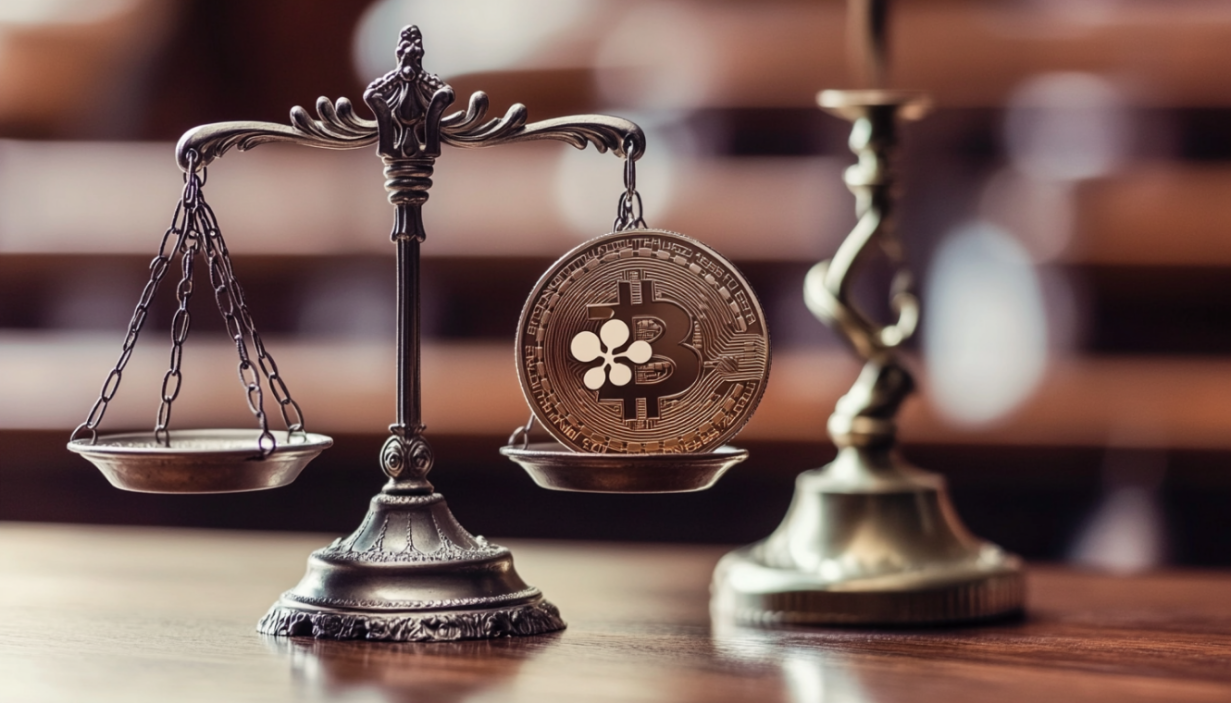Just When We Thought the Ripple vs. SEC Fight Ended
By TH3FUS3 Editorial Staff
October 9, 2024 03:16 PM
Reading time: 1 minute, 41 seconds
TL;DR The SEC has announced plans to challenge its partial loss against Ripple. This move comes more than a year after a judge ruled XRP sales on public exchanges are not securities. Attorneys explore the implications and potential for a cross appeal.

Ripple Case Takes a New Turn
In a significant development within the crypto regulatory landscape, the U.S. Securities and Exchange Commission (SEC) has disclosed its intention to appeal a previous court decision regarding Ripple.
This decision, made over a year ago, found that the sales of Ripple's cryptocurrency, XRP, on public exchanges did not classify as securities. The SEC's latest move has reignited discussions about the nature of cryptocurrency sales and their regulatory oversight.
Legal Minds Weigh In
Attorneys Kristi Warner and James Murphy, known on social media as @Metalawman, recently discussed the intricacies of the SEC's appeal.
Their conversation shed light on potential legal strategies, including filing a cross-appeal. James Murphy, in particular, expressed a strong inclination towards this tactic, suggesting it could redefine the legal narrative.
The Case for a Cross-Appeal
James Murphy articulated a compelling argument supporting the cross-appeal. He posited that the contracts under which XRP was sold to institutional investors must meet the criteria for investment contracts.
Murphy explained that these transactions involved purchasing XRP at wholesale prices to sell at a profit. He argued that this mirrors traditional wholesale practices rather than investments in Ripple's business success.
"Purchasing XRP at a discount for resale does not equate to investing in Ripple," Murphy emphasized.
Distinguishing Commodity from Security
Murphy further elaborated on the distinction between XRP sales and securities transactions. He noted that institutions seeking to invest directly in Ripple could acquire shares in the private company, which would fall under securities regulation.
Conversely, buying XRP for retail resale involves something other than such an investment. His stance challenges the notion that institutional XRP sales constitute securities transactions.
Ripple's Legal Strategy
The discussion around a cross-appeal underscores a pivotal moment for Ripple. Murphy's insights highlight the potential for Ripple to redefine its legal approach and further solidify its position.
As the SEC pursues its appeal, Ripple's response could set a precedent influencing future cryptocurrency regulations. Industry stakeholders and regulators alike will closely watch the outcome of this legal battle.



